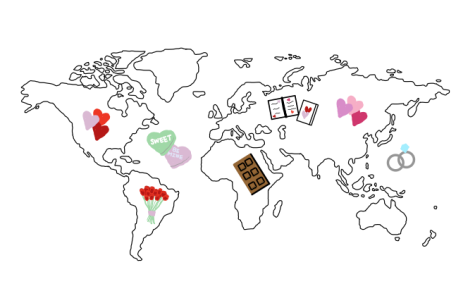Religion, ethnicity factors in Iraq
For the past 12 years, Iraq has been one of the biggest sources of violence and instability in the Middle East. Religious and ethnic differences are in large part to thank.
Iraq, like most of the Middle East, is a predominantly Muslim country, but the two main branches of the religion, Shia and Sunni, disagree on certain doctrines. The main difference is that Shiites believe that the caliph, or the leader of the faith, must be directly descended from Mohammed, while the Sunni do not. According to the BBC, the rift dates from the death of Mohammed, when his followers were determining who should be the first caliph. The Sunnis won, and a close but unrelated disciple of the prophet was appointed, edging out Mohammed’s son-in-law, Ali.
According to CBS News, approximately 85 percent of all Muslims are Sunni, but the majority in Iraq is Shiite. Saddam Hussein, the leader who was deposed by the U.S. invasion of Iraq, was part of a Sunni government. This pattern of minorities ruling majorities, displayed also in Rwanda, among other places, has historically led to conflict.
The government of Iraq fell under the control of the Shiite majority after the deposition of Hussein. Islamic State, the extremist group that has seized large swaths of territory in Iraq and Syria, is Sunni, striving to restore what is in its mind proper Islam to power.
There is also a third group living in Iraq and contributing to the strife. The Kurds, a nation that hails from northern Iran, were persecuted ruthlessly by Hussein’s government, despite the fact that they are also mostly Sunni. The Kurds have more recently come under threat from Islamic State. The Kurds have long advocated the creation of their own nation-state, called Kurdistan, but now they inhabit an autonomous region in northern Iraq.
According to the Washington Post, the issue results in part from the partitioning of the former Ottoman Empire that occurred after World War I. The Kurds were not given territory of their own, so they were distributed into Turkey, Syria, Iraq and Iran.
The conflicts seem to be largely a problem of geography, but until some order is restored to the region, redrawing borders and reorganizing government will be impossible.
Your donation will support the student journalists of Saint Viator High School. Your contribution will allow us to purchase equipment and cover our annual website hosting costs.







